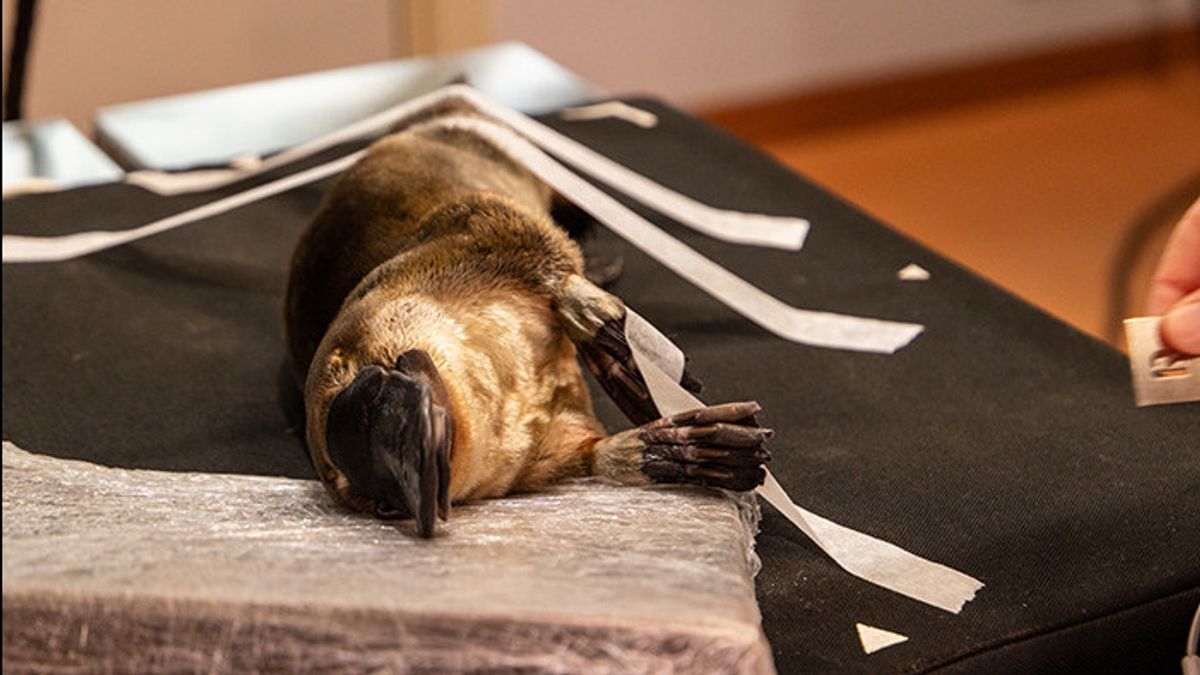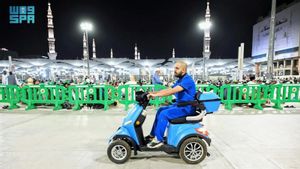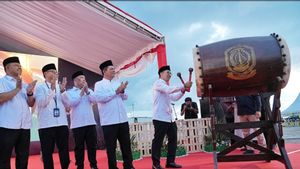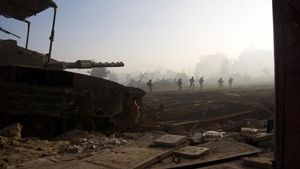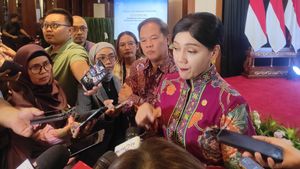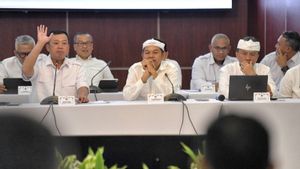JAKARTA - The world's largest central plaquette conservation center welcomes its first occupants as part of a project to protect Australia's endemic semi-aquatic mammals amid threats to its habitat from extreme weather and humans.
The four Platypus, two females and two males, were released within the past two weeks to a research facility built specifically at the Taronga Western Plains Zoo in Dubbo, about 400 km (250 miles), in northwest Sydney.
Equipped with multilevel rivers, waterfalls, ponds, and embankments for digging, the facility will help researchers understand more about the species, Australian Taronga Conservation Society official Phoebe Meagher told Reuters.
"This facility will allow us not only to save the species from the direct threat of climate change, but also in the long term, capable of recharging the population," he said.
"We'd love to see some bude or plaidus children in the facility and understand what caused the reproductive success," he continued.
The facility was built as a collaboration between the Taronga Conservation Society Australia, the San Diego Zoo Wildlife Alliance, the University of New South Wales, the State Government of New South Wales, and the WIRES wildlife rescue organization.
With a beak like a duck, inputted legs, and a tail like a crossing, the plaquepus is a unique animal in Australia. This nokturnal mamalia lays eggs and lives on the east coast, from the north end of Queensland to the island state of Tasmania, near rivers and tributaries where they seek food.
The number of plate plates may have decreased by more than half over the decades, according to research models, but the numbers are difficult to confirm. Environmental groups estimate its total population to be between 30,000 and 300,000.
SEE ALSO:
"Unfortunately, we don't leave many places in the wild for the plate," said Meagher.
"So the plate we have here will really fill the knowledge gap and allow us to help save this species," he said.
The English, Chinese, Japanese, Arabic, and French versions are automatically generated by the AI. So there may still be inaccuracies in translating, please always see Indonesian as our main language. (system supported by DigitalSiber.id)
